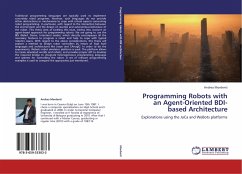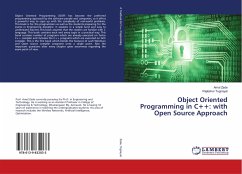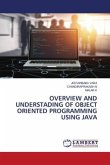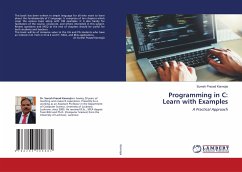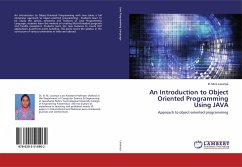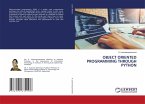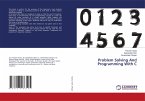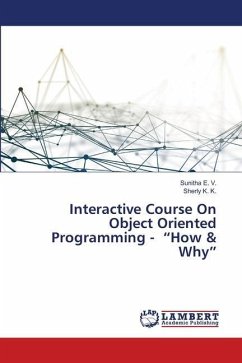Traditional programming languages are typically used to implement concretely robot programs. However, such languages do not provide either abstractions or mechanisms to cope with critical aspects concerning robot programming. In particular, with regard to the interaction between the environment and the design of reactive and autonomous behaviour of the robot. This thesis aims at tackling this issue, taking into account an agent-based approach for programming robots. We are going to use the BDI (Belief, Desire, Intention) model, which directly encompasses all the necessary features to program a robot and help to cope with typical robotics issues. With regard to the above considerations, this thesis will explore a method to design robot controllers by means of high level languages and architectures like Jason and CArtagO. In order to do the experiments, Webots robot simulator platform is used. The platform allows to create simulated worlds and robots, and provides proper API to develop the required bridge to integrate heterogeneous programming language and systems for controlling the robot. A set of relevant programming examples is used to compare the approaches just mentioned.
Bitte wählen Sie Ihr Anliegen aus.
Rechnungen
Retourenschein anfordern
Bestellstatus
Storno

